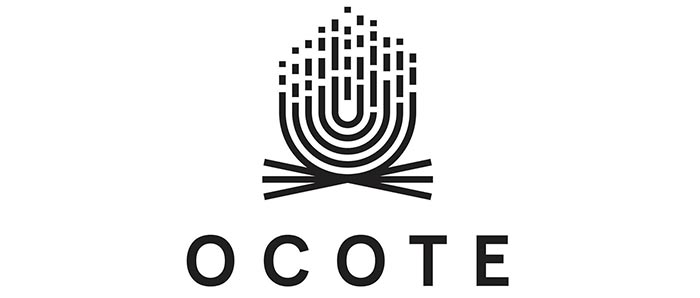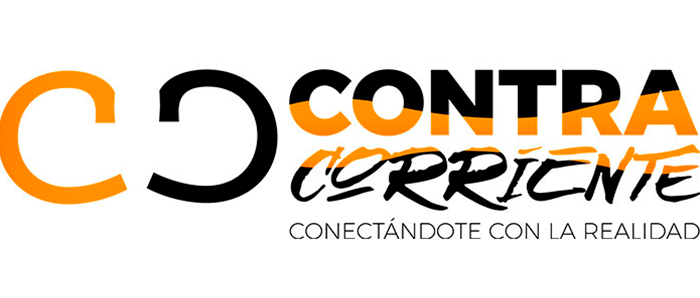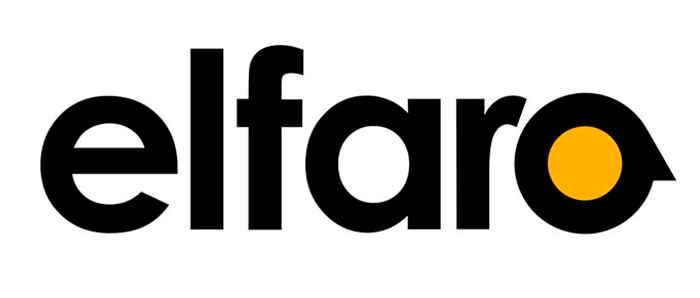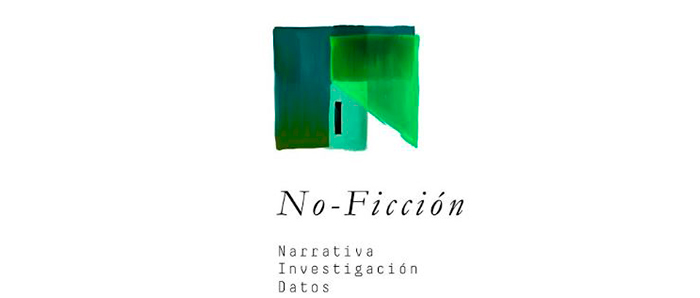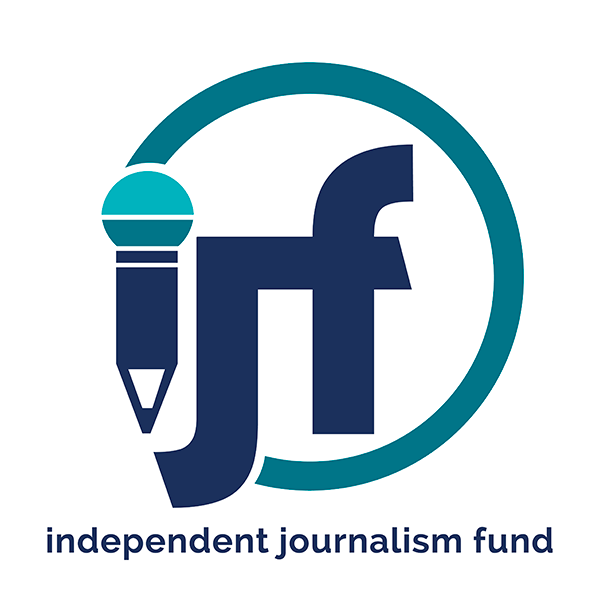
The Independent Journalism Fund (IJF) supports independent journalists and alternative media in Central America so that they can research and report on the realities of the region, give voice to the people, and promote democracy.
Since its inception in 2016, IJF has supported fourteen independent media organizations and projects ranging from data collection and analysis to fact checking and media coverage. It has also supported convening efforts and events, including sponsoring important regional journalist conferences and training opportunities for journalists, reporters, editors and directors.
IJF is funded by donors who believe in the important role journalism plays to champion good governance, rule of law and democracy in Central America.
Primary Objectives
IJF exists to strengthen the capacity of independent journalism and media in the region to make it more resilient, effective and diverse to promote an equitable political balance. Specific goals and objectives of the IJF include:
Support safety and security of independent media.
Support and promote variety and resilience of independent media.
Support innovative ideas and scaling of coverage and reach of independent media.
Support capacity building of independent journalists that includes technical training and ethical standards.
Media Funded to Date
Managed by SIF, today IJF consists of five donors and supports the work of independent media in Guatemala, Honduras, El Salvador (the Northern Triangle) and Nicaragua.
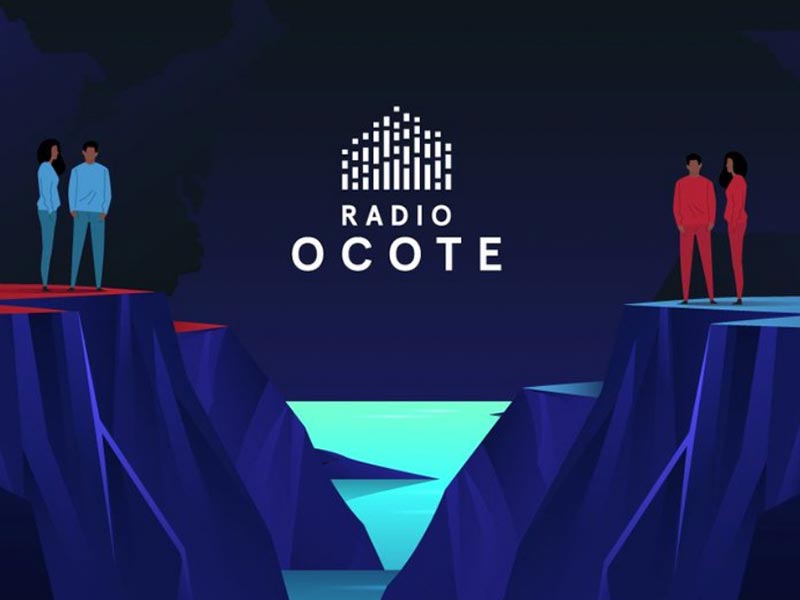
Agencia Ocote, Guatemala
Agencia Ocote is a communications organization focused on conducting research on socio-political topics. Funding is for its program Radio Ocote, a weekly podcast program to share important stories with a larger audience and promote a new podcast culture in the region. The podcast discusses issues of general interest, including politics, economy, environment, human rights, culture, inequality, and gender-based violence.
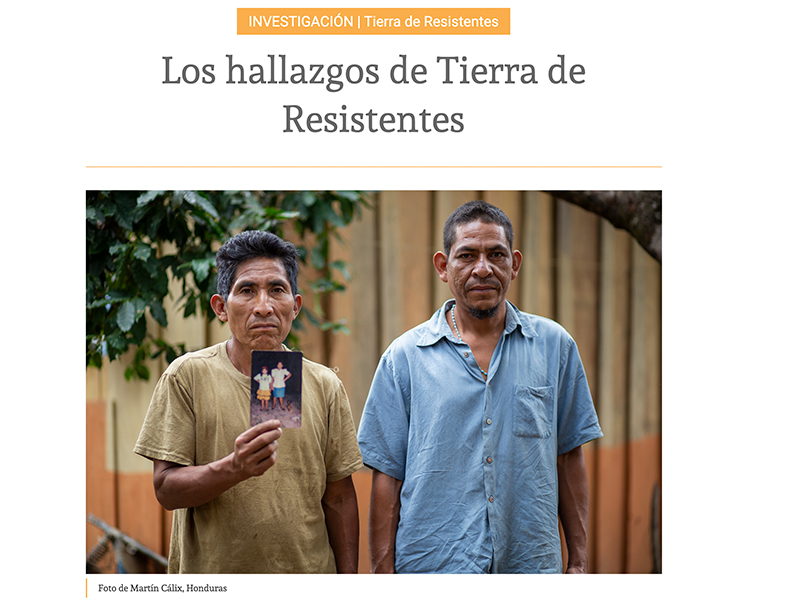
The Latin American Center for Journalistic Research (Centro Latinoamericano de Investigación Periodística–CLIP), Costa Rica.
CLIP is a collaborative non-profit network of research centers, media outlets and journalists operating in Latin America. CLIP seeks to respond to the growing need for cross-border investigative reporting on interconnected problems throughout the region that need to be evaluated and explained in a holistic way. The IJF grant supports two research projects in which CLIP provides editorial, technological and logistical support to Central American media on their research and multimedia content production.
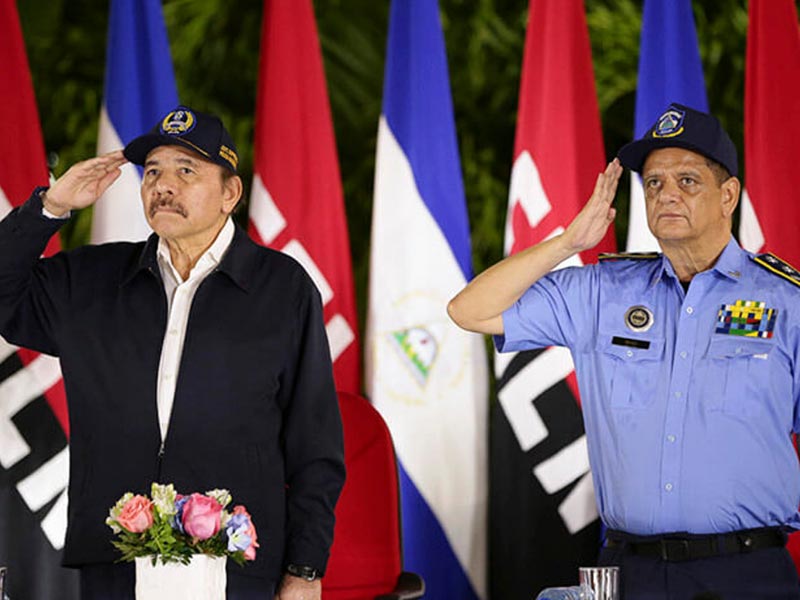
Confidencial, Nicaragua
Confidencial is a digital and print newspaper that operates outside of Nicaragua due to government repression against the press. Confidencial provides reliable coverage and analysis of what is happening in Nicaragua and produces audiovisual content available on various media platforms. The grant supports continuity and risk management for independent journalism in the face of the crisis in the country.
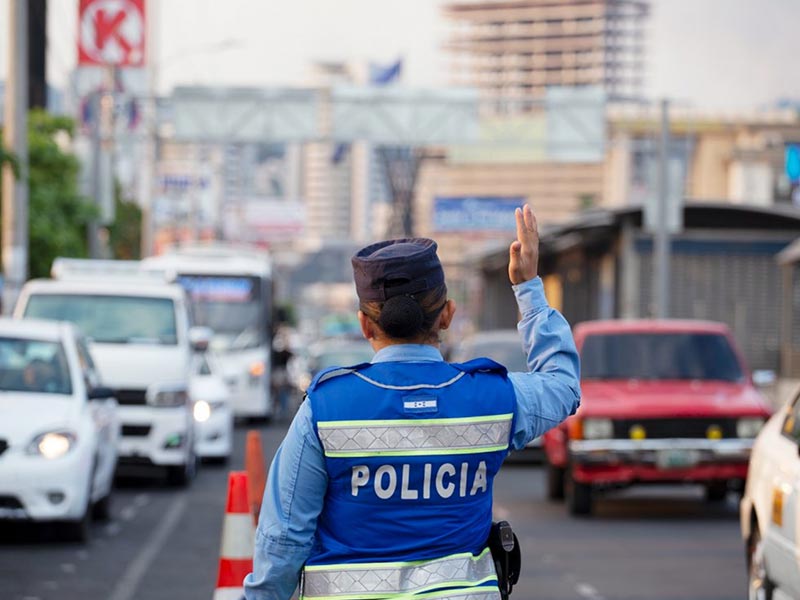
Contracorriente, Honduras
Contracorriente is a digital media outlet that focuses on in-depth journalism and research using transmedia storytelling methods, to cover power structures, human rights, sexual and reproductive rights, extractivism, the environment, violence, and youth. Funds have supported research processes, the design and implementation of tools to collect, evaluate and analyze information, and training for team members.
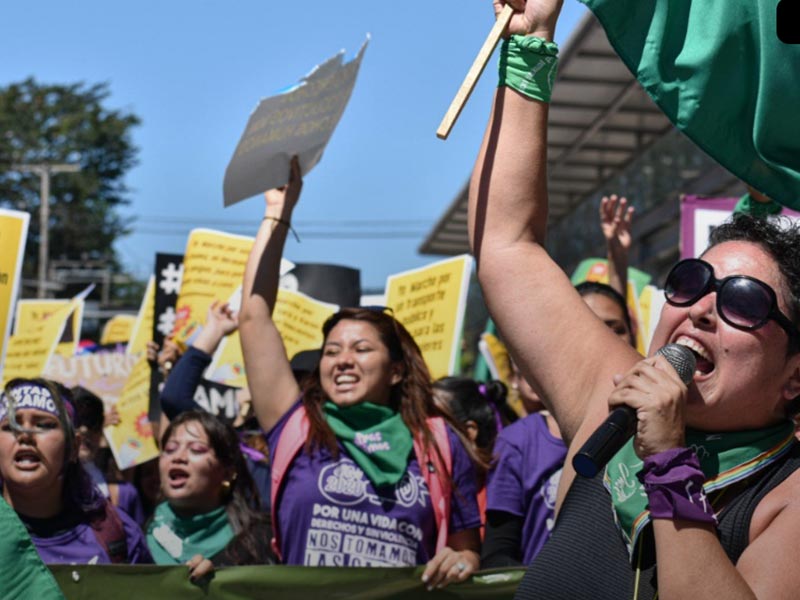
Gato Encerrado, El Salvador.
Gato Encerrado is an independent digital magazine focused on politics, culture, environment, and feminism. IJF awarded a grant to support a Fact Checking project called #ojodegato (eye of the cat). Gato Encerrado will fact-check political statements and promises, and determine whether statements are true, false, deceptive, populist, viable, not viable or impossible and produce interactive maps and graphics along with expert interviews.
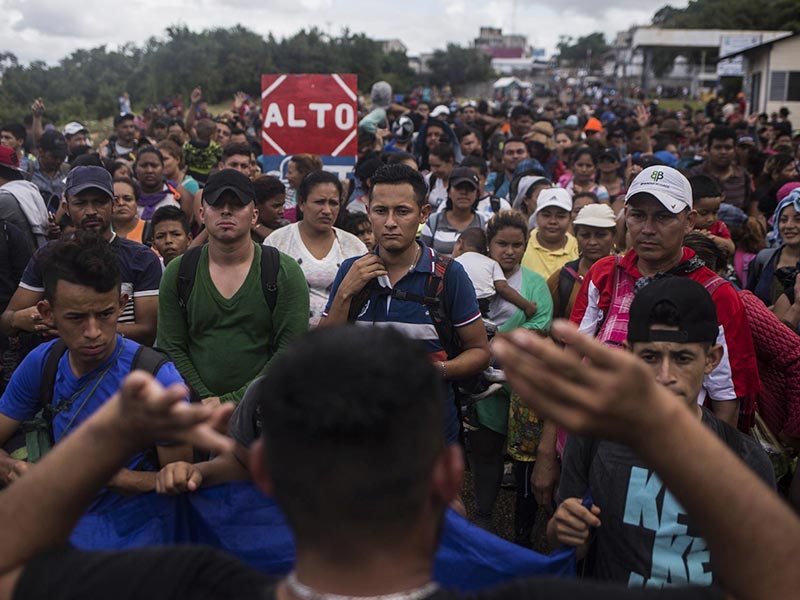
El Faro, El Salvador
El Faro is an important touchpoint for research, analysis and coverage of the main political and social issues in Central America. In 2016, it won the Gabriel García Márquez Award for Journalistic Excellence. El Faro has established partnerships with Central American media and journalists and with United States universities and civil society organizations. El Faro has also worked to expand its reach by publishing content in English. Along these lines, IJF is supporting El Faro through a project to promote debate and dialogue in the United States on Central America. IJF also sponsors the Central American Journalism Forum (ForoCap), one of the most popular and influential journalistic events in Latin America, organized by El Faro.
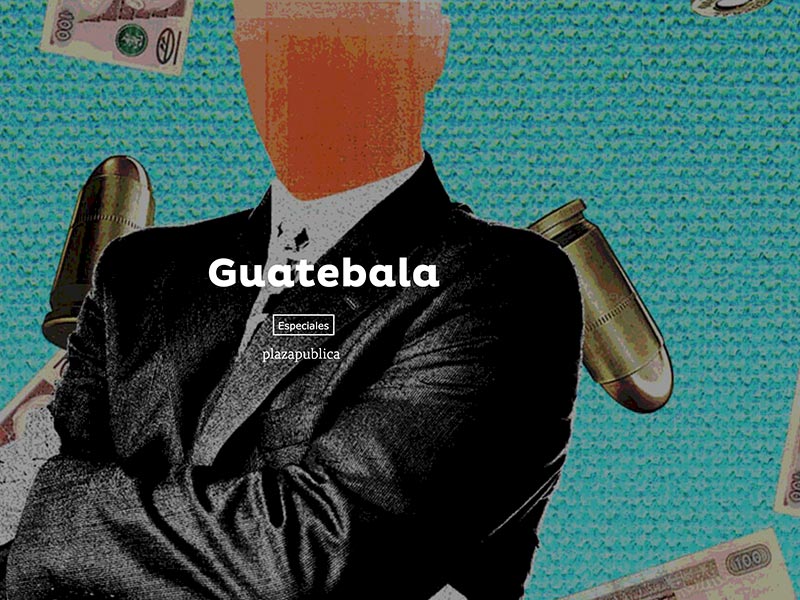
Plaza Pública, Guatemala
https://www.plazapublica.com.gt/
Plaza Pública is a native medium that produces research, analysis and opinion content to provide information and ideas in support of strong, persistent democracy, with ethics and social justice. The grant supports the collection, analysis, and dissemination of reports and research, as well as verification and data analysis workshops for journalists.
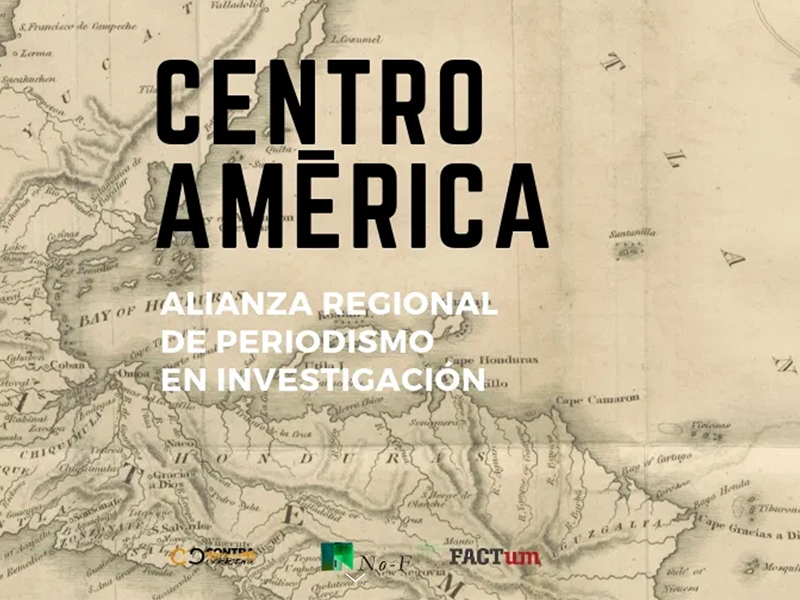
No Ficción, Guatemala
No Ficción (English: Nonfiction) creates journalistic content to uncover the realities facing Guatemala and Central America in an easy-to-understand, engaging and autonomous way. The IJF grant supports No Ficción’s research and analysis on networks of corruption and impunity in the region.

